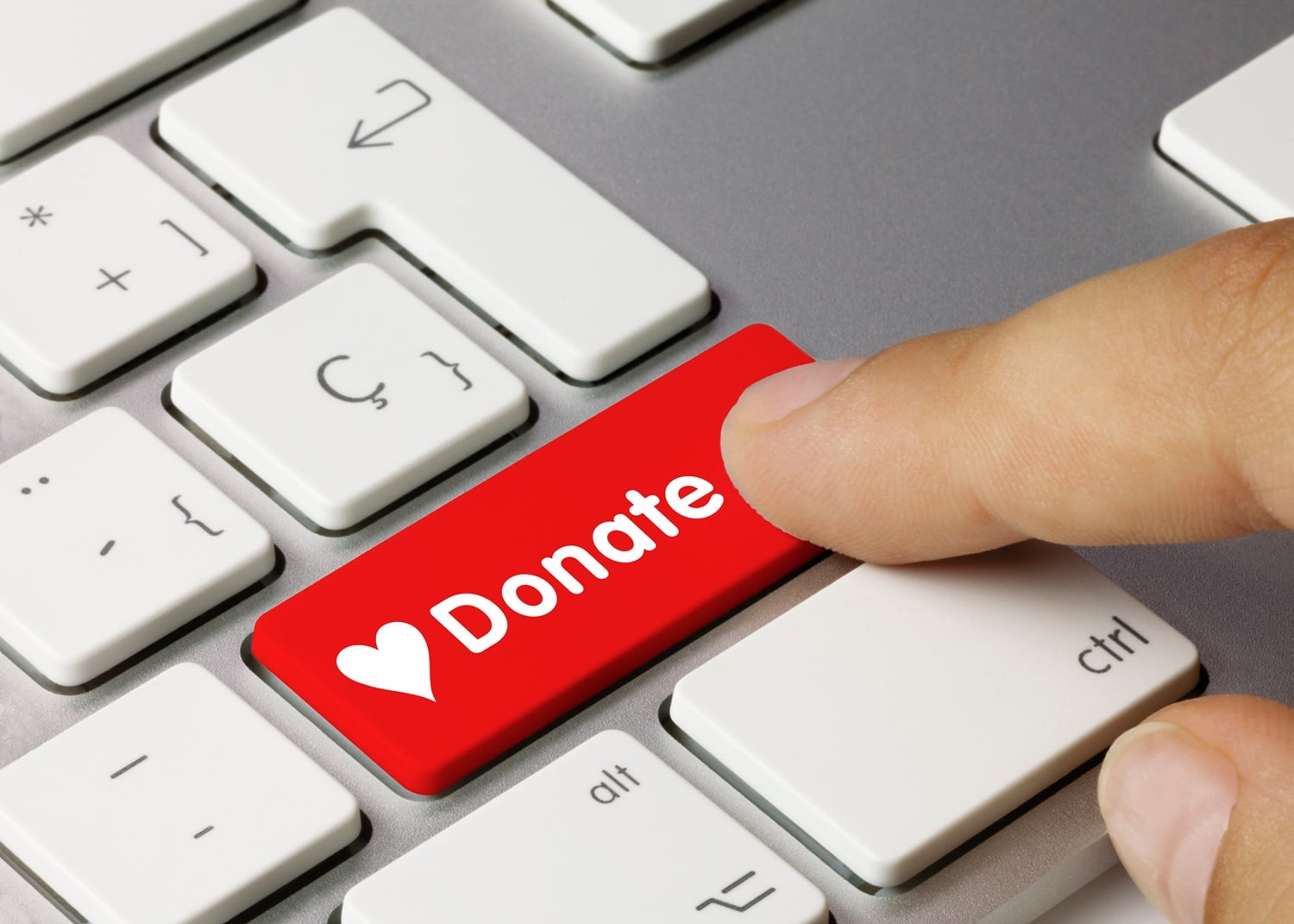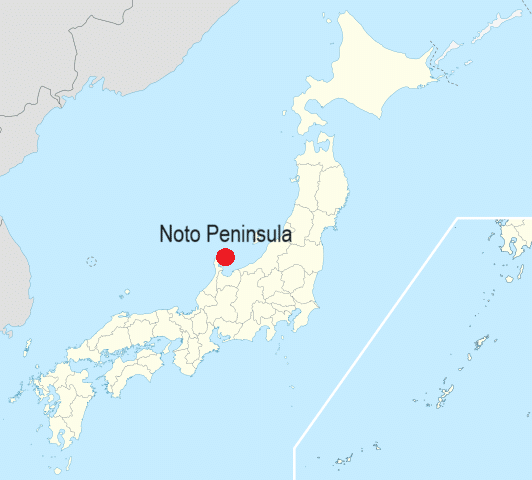Japanese Firms Collect Crypto Donations for Earthquake Victims

Some of Japan’s biggest crypto firms are building donation platforms to help victims of the Noto Peninsula earthquake.
Per the Japanese news outlet CoinPost, crypto donors have already given “tens of millions of yen” worth of tokens to charities aiding earthquake victims.
These include the likes of HashPalette, a part of the HashPort Group, a full member of the Japan Crypto Asset Business Association (JCBA). In a post on X (formerly Twitter), HashPalette wrote:
“All cryptoassets donated will be converted into Japanese yen, excluding gas and taxes, and donated to the [Central Community Chest of Japan]’s [relief fund]. After the donation is completed, the results will be posted on the official HashPalette website.”
We would like to extend our deepest sympathies to all those affected by the 2024 Noto Peninsula earthquake in Japan.
In order to ensure that as much global support as possible reaches the affected areas as soon as possible, Palette Chain has launched the "#web3prayforjapan"… pic.twitter.com/RhcmG6Uxyn
— Palette(パレット) (@hashpalette) January 3, 2024
The firm and others have launched a campaign named #web3prayforJapan.
Eight blockchain networks have set up donation channels.
Namely, these blockchain protocols are: Palette, TRON, Cardano, Polygon, Neo, Qtum, the Mask Network, and IOST.
The earthquake devastated the peninsula on January 1, causing tidal flooding, landslides, aftershocks, and fires.

Japanese officials say over 60 people died in the quake, although rescue teams continue to search for survivors – and bodies.
Officials have said that it could take “years” to rebuild some of the villages that were reduced to rubble by the quake.
Crypto Donations Heading to Japanese Quake Victims
NEMTUS has spearheaded another campaign, which allows donors to give coins on the Symbol (XYM) and NEM (XEM) networks.
The campaign also accepts Japanese yen, and the firm added that it was looking at ways to “accept payments in Bitcoin (BTC) and Ethereum (ETH).”
NEMTUS では、石川県 能登半島地震で大きな被害が発生している状況を重く受け止め、被災地や被災者支援を目的とした緊急支援募金の受付を開始しました。
Symbol (XYM), NEM (XEM), 日本円 での受付となります。
BTC や ETH での受付も現在検討中です。#Symbol #NEMhttps://t.co/cwuhKSvjQR— NEMTUS Official (@NemtusOfficial) January 2, 2024
Other firms launched similar campaigns, including the Astar Foundation, Startale Labs, and Oasys.
Astar and Startale’s donation page for the Astar network noted that “all donations, excluding gas fees and taxes” would be “used for emergency relief efforts and recovery support for disaster-affected areas.”
And the blockchain gaming firm Oasys has launched donation wallets for OAS, Bitcoin, Wrapped ETH, and ETH donors
🌐募金先Walletアドレス
OAS (Oasys): 0xE90f156A358E9B22e1eeA5Cf7D7b910223eAe7bA
ETH (Ethereum, Polygon): 0xE90f156A358E9B22e1eeA5Cf7D7b910223eAe7bA
BTC (Bitcoin): bc1qwa5fseyrz2kv27vjfc6504e0pwmf62ngc3jqa5#能登半島地震 #義援金募集
— Oasys | 日本語公式アカウント🇯🇵 (@oasys_japan) January 2, 2024
Crypto donation platforms first began to appear en masse in February 2022, following the outbreak of war in Ukraine.
Since then, a growing number of global charities have begun embracing donations made in BTC, ETH, and altcoins.




